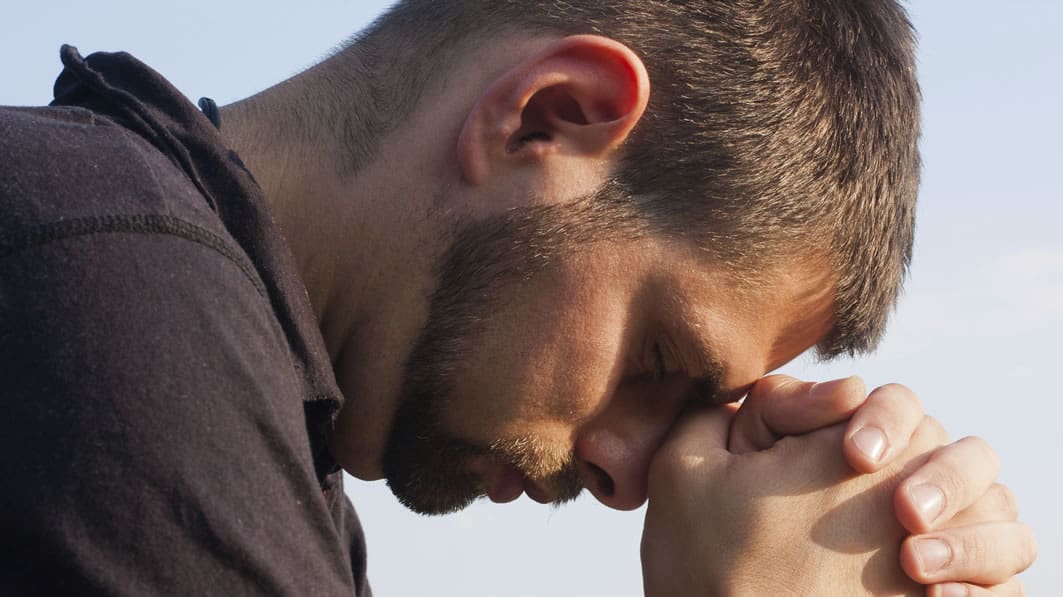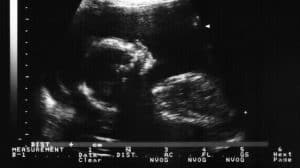When Bridget Driscoll died in London on August 17, 1896, she became one of the first people on earth to be killed by an automobile. The attending coroner said he certainly hoped that “such a thing will never happen again.”http://en.wikipedia.org/wiki/Bridget_Driscoll
Despite that coroner’s naive hopes, the realities of math and physics dictate that mixing people and machines makes a certain number of injuries and deaths inevitable. In the same way, human beings cannot occupy the same space – like a home or office – without transgressing and offending others. That is why families, work places, churches, schools and neighborhoods can become hotbeds of human conflict and suffering.
Let’s face it: human beings are messy and hurtful. We don’t mean to be that way. We don’t intend harm. But most of us have caused and received many relational injuries. We have all insulted and injured our parents, siblings, spouses, children and a wide array of other people.
Right there is the point where two worldviews collide.
Utopia
A utopian view insists that humans are born perfect and then corrupted by society. Therefore the perfect society always remains a tantalizing dream. That dream seduces some into an endless chase of the unattainable.
Strangely, the prospect of perfection leads some to reverse the God and human roles. Those who pursue the utopian dream always seem to conclude that God is non-existent, indifferent, weak or vengeful. Conversely, humans are seen to have boundless potential for great nobility, soaring artistic achievement and moral perfection. That illusion claims that if we could only and totally liberate humans, we would finally discover the ideal society.
So, the utopian confusion sees God as weak and miserable and man as transcendent and glowing with goodness.
Ironically, the utopian pattern – which has marched under the banners of socialism, communism, eugenics, hedonism and other philosophies – is a brutal way to live. Like Hitler’s pursuit of “the master race,” utopianism tends to morph into dehumanization and holocausts. It sacrifices human beings on the altar of its own mad idealism.
Redemption
A redemptive view accepts the full scope of sinful human nature; it fully believes that people are going to trample and even kill one another.
That viewpoint knows that “human potential” is an illusion. The only hope for humanity lies in the God who paid the price of our sinful nature. In other words, redemption assumes that people will be people and that God will be God; the roles cannot be reversed. But, because He chose to freely forgive and to give His Spirit to us, we have become partakers of His nature. Think of it: We are invited to live on the higher ground of His purposes.
A redemptive view releases humans to accept personal responsibility for their own actions. And we will never get very far accepting responsibility without the mysterious role of forgiveness.
What is Forgiveness?
To forgive is to release. Let it go. Freely and wholeheartedly grant freedom and blessing. It has very little to do with feelings or even trust. Forgiveness is simply a decision to let go of our regrets and our own view of justice.
Lily Tomlin captured a wonderful summary of forgiveness: To forgive is to give up all hope for a better past.
I think that is why some people find it almost impossible to apologize. To do so seems to be a subconscious abandonment of the utopian ideal. It is an admission that we didn’t measure up to the possibilities which are implicit in the idea of a perfect society.
Well, yes. To try to live in utopia is to deny the relational nature of life. That illusion says that we are to be perfect — all by ourselves! Not at all true. God does for us what we cannot do for ourselves. When we step into His magnanimity, the matrix of failure, injury, disappointment and forgiveness opens us up to the large panorama of possibilities which mark the Christian life. It is often through heartache and redemption that we discover new reasons and rhythms for life.
Have you ever deflected an apology? How often have you heard (or said), “No apologies are necessary,” or “Oh,don’t worry about it? “Those kinds of responses abort the necessary and healthy process of redemption and renewal.
When we violate another human being, an apology and plea for forgiveness is essential to cleaning the wound and preventing relational infection. Apologies are serious stuff. They should be heartfelt and real.
And, when I extend forgiveness, it has to be real also. I can’t forgive in order to avoid or quickly conclude an uncomfortable moment. The seeking and the granting of forgiveness are profoundly serious acts. They demand full attention and deep sense of reality.
I do not deny the dark possibilities contained in human nature. But, more than that, I want to try to pull back a curtain on the powerful, beautiful and unique role of forgiveness in human relationships.
How does forgiveness actually play out in a family situation? What does it look like in other arenas of life? How do we live out forgiveness toward those whom we do not know? For example, how do we forgive the racists (or racist system) which turned humans into personal property?
Finally, how does forgiveness take hold of the reality of heaven and apply it in the dust of the earth. In short, does forgiveness have a role in seeking the Kingdom of God “on earth as it is in heaven?”



















